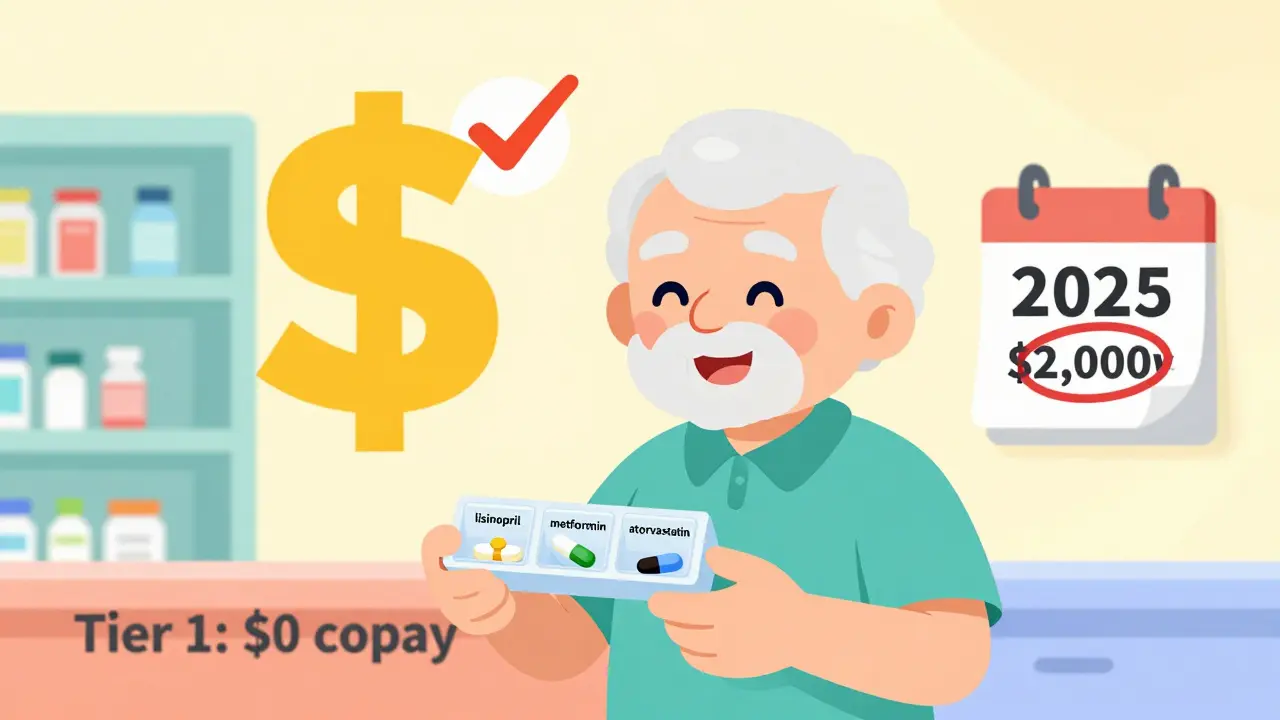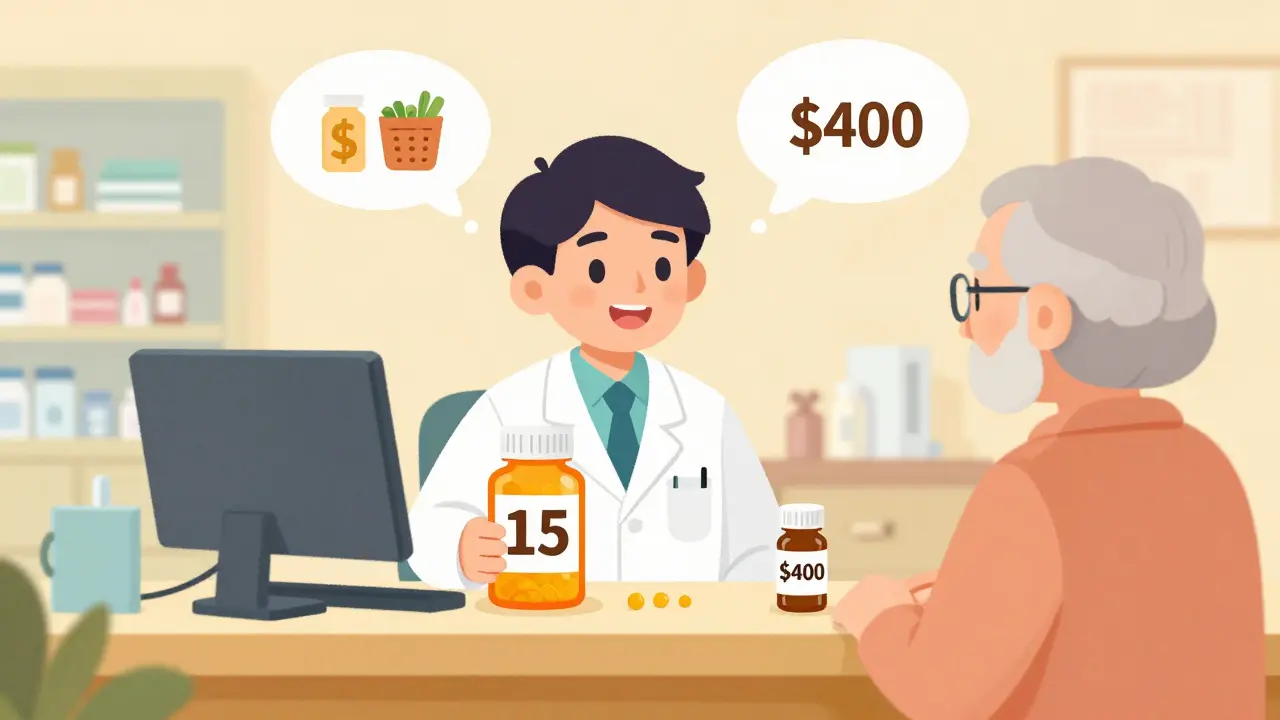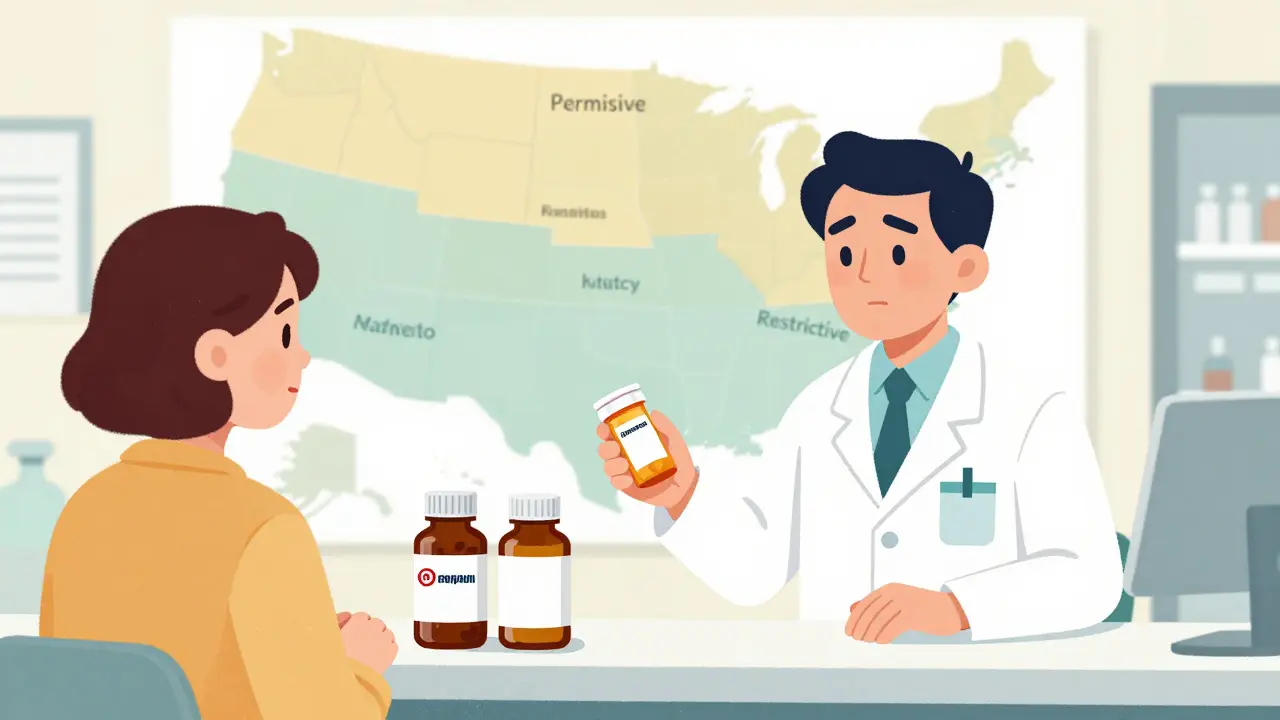Medications: Practical Guide to Drugs and Alternatives
Not every medication suits every person. This page collects clear, practical guides to common drugs and alternatives so you can compare options and talk to your doctor with confidence.
Key drug areas
We focus on four problem areas people search most: pain and anti-inflammatories, antidepressants, thyroid replacement, and treatments for alcohol dependence. Each article breaks down what a drug does, who might benefit, common side effects, and real-world pros and cons. That helps you spot alternatives without guessing.
Pain and inflammation: Meloxicam and similar NSAIDs work well for many, but they raise stomach and cardiovascular risks for some people. Alternatives include short courses of other NSAIDs, topical anti-inflammatories, low-dose opioids for severe flare-ups, and non-drug options like targeted exercises and supervised physical therapy. If stomach upset or blood pressure is a worry, ask about topical diclofenac or switching to acetaminophen-based strategies.
Antidepressants: Venlafaxine suits many, especially when both depressive and anxiety symptoms appear. But others feel jittery, tired, or have sexual side effects. Alternatives we examine range from bupropion for low energy and fewer sexual effects, SSRIs with milder side effect profiles, to newer options and augmentation strategies. If medication changes are needed, a gradual switch under medical supervision reduces withdrawal and relapse risk.
Thyroid treatment: Levothyroxine products like Synthroid are the standard for hypothyroidism. Some patients prefer combination therapy or natural desiccated thyroid for persistent symptoms despite normal lab numbers. Our coverage explains how dosing, absorption, and medication form affect results, and why routine lab checks every six to eight weeks matter when changing therapies.
Alcohol dependence: Antabuse works by creating unpleasant reactions to drinking, but it is not for everyone. We compare FDA-approved alternatives such as naltrexone and acamprosate, plus medications used off-label like topiramate and gabapentin. Behavioral supports, counseling, and peer groups remain essential parts of any effective plan.
How to use these guides
Every article uses plain language, a pros and cons list, and practical takeaways for visits with your clinician. We flag common drug interactions and simple lifestyle steps that reduce risk or boost benefits. Where relevant, we mention study findings so you get evidence-based context without dense jargon.
Choose smart, ask questions. Don't switch or stop medications on your own. Use our guides to gather questions: What symptom should improve first? What side effects are expected? How will dosing change be monitored? Bring our summaries to appointments to speed decision making.
On this category page you'll find links to the full pieces on Meloxicam alternatives, Venlafaxine options, Synthroid substitutes, and Antabuse choices. Read the full articles when you need step-by-step comparisons and quick tables to compare side effects and effectiveness.
Practical tips: Before appointments, track symptoms and side effects for two to four weeks and list every medication and supplement you take. Note sleep, weight, energy, and mood changes so your doctor sees patterns. If cost matters, ask about generics, coupons, or patient assistance programs. We explain timelines for seeing improvement so you know when to call or adjust treatment.
How to Identify Look-Alike Names on Prescription Labels to Prevent Medication Errors

Learn how to spot look-alike drug names on prescription labels using tall man lettering and proven safety practices to prevent dangerous medication errors. Essential for patients, caregivers, and healthcare workers.
- February 1 2026
- Tony Newman
- 1 Comments
Medicare Part D Formularies: How Generic Drug Coverage Works in 2025

Medicare Part D generic drug coverage in 2025 is simpler and cheaper than ever, with a $2,000 out-of-pocket cap and low-tier copays. Learn how formularies work, what you pay, and how to save on your prescriptions.
- January 27 2026
- Tony Newman
- 5 Comments
Colchicine and Macrolides: How Drug Interactions Can Turn Life-Saving Medications Dangerous

Colchicine saves lives but can turn deadly when mixed with common antibiotics like clarithromycin. Learn how CYP3A4 and P-gp inhibition cause toxic buildup-and what to do to stay safe.
- January 25 2026
- Tony Newman
- 8 Comments
TNF Inhibitors and TB Reactivation: Screening and Monitoring Protocols

TNF inhibitors like adalimumab and infliximab effectively treat autoimmune diseases but carry a significant risk of reactivating latent tuberculosis. Proper screening, treatment of latent TB, and ongoing monitoring are essential to prevent life-threatening complications.
- January 18 2026
- Tony Newman
- 8 Comments
How to Talk to Your Doctor About Staying on a Brand Medication

Learn how to talk to your doctor about staying on a brand medication when generics are available. Get practical tips, what to say, how to prepare, and how to handle insurance hurdles.
- January 17 2026
- Tony Newman
- 8 Comments
Documentation Requirements for Recording Generic Substitution Decisions in Pharmacy Practice

Pharmacists must document every generic drug substitution to ensure patient safety and legal compliance. Rules vary by state, but core requirements include brand name, generic name, manufacturer, lot number, and expiration date. Proper documentation prevents errors, supports audits, and saves lives.
- January 16 2026
- Tony Newman
- 9 Comments
Morning Coffee and Levothyroxine: How to Space Doses for Better Absorption

Drinking coffee too soon after taking levothyroxine can block up to 57% of the medication's absorption. Learn the right timing, alternatives like liquid formulations, and how to fix persistent thyroid symptoms.
- January 15 2026
- Tony Newman
- 9 Comments
Medication Therapy Management: How Pharmacists Optimize Generic Drug Use for Better Outcomes

Pharmacists use Medication Therapy Management to help patients save money by switching to safe, effective generic drugs-cutting costs by up to 85% while improving adherence and reducing hospital visits.
- January 14 2026
- Tony Newman
- 9 Comments
How to Navigate Pharmacy Substitution Laws in Your State: Generic vs Brand Medications

Learn how pharmacy substitution laws vary by state when switching from brand-name drugs to generics or biosimilars. Know your rights, what pharmacists must do, and how to protect your health.
- January 12 2026
- Tony Newman
- 14 Comments
Statin-Induced Muscle Pain: Understanding Myalgia and Myositis

Statin-induced muscle pain affects up to 30% of users. Learn the difference between common myalgia and dangerous myositis, why it happens, how it's diagnosed, and what to do if you're affected.
- January 10 2026
- Tony Newman
- 10 Comments
